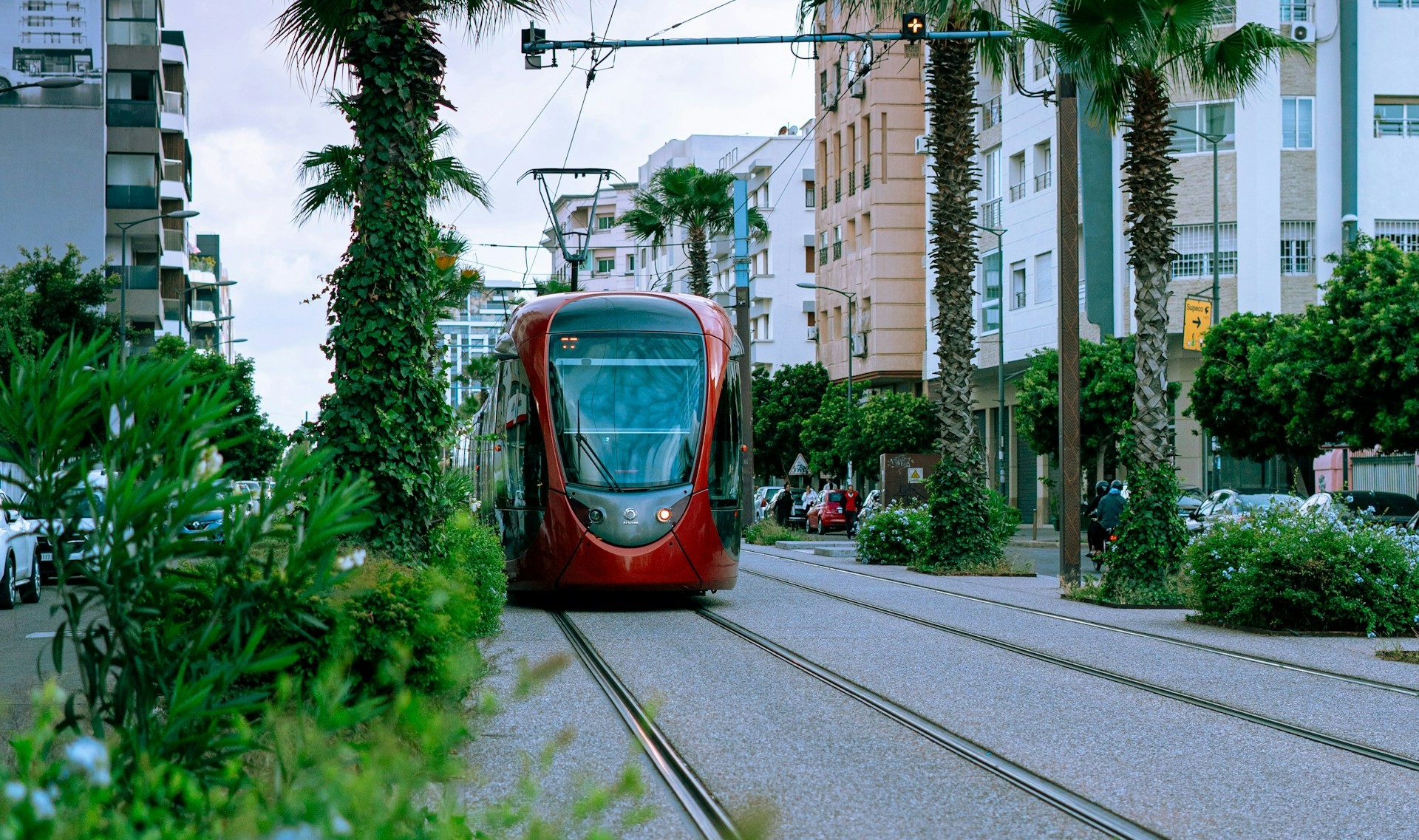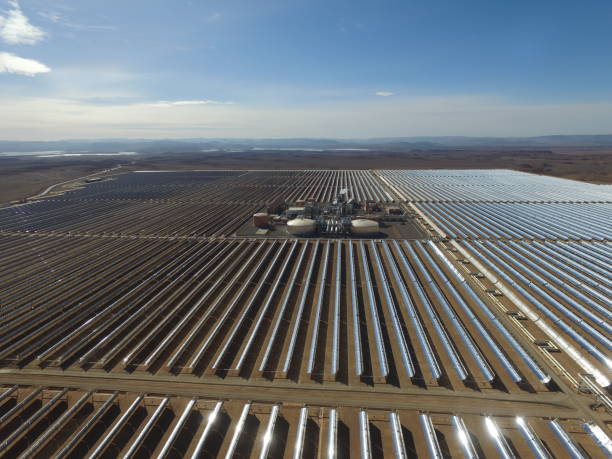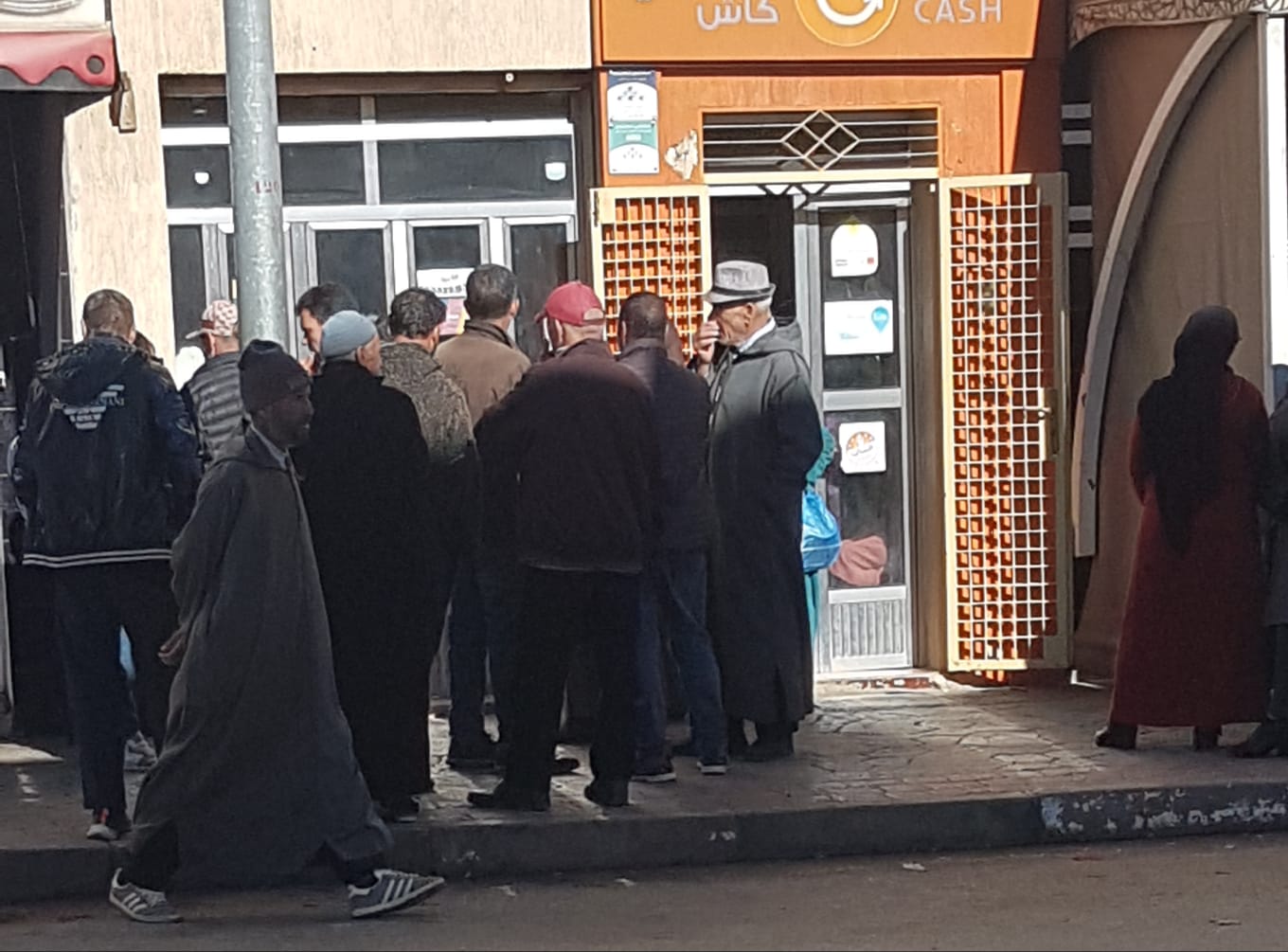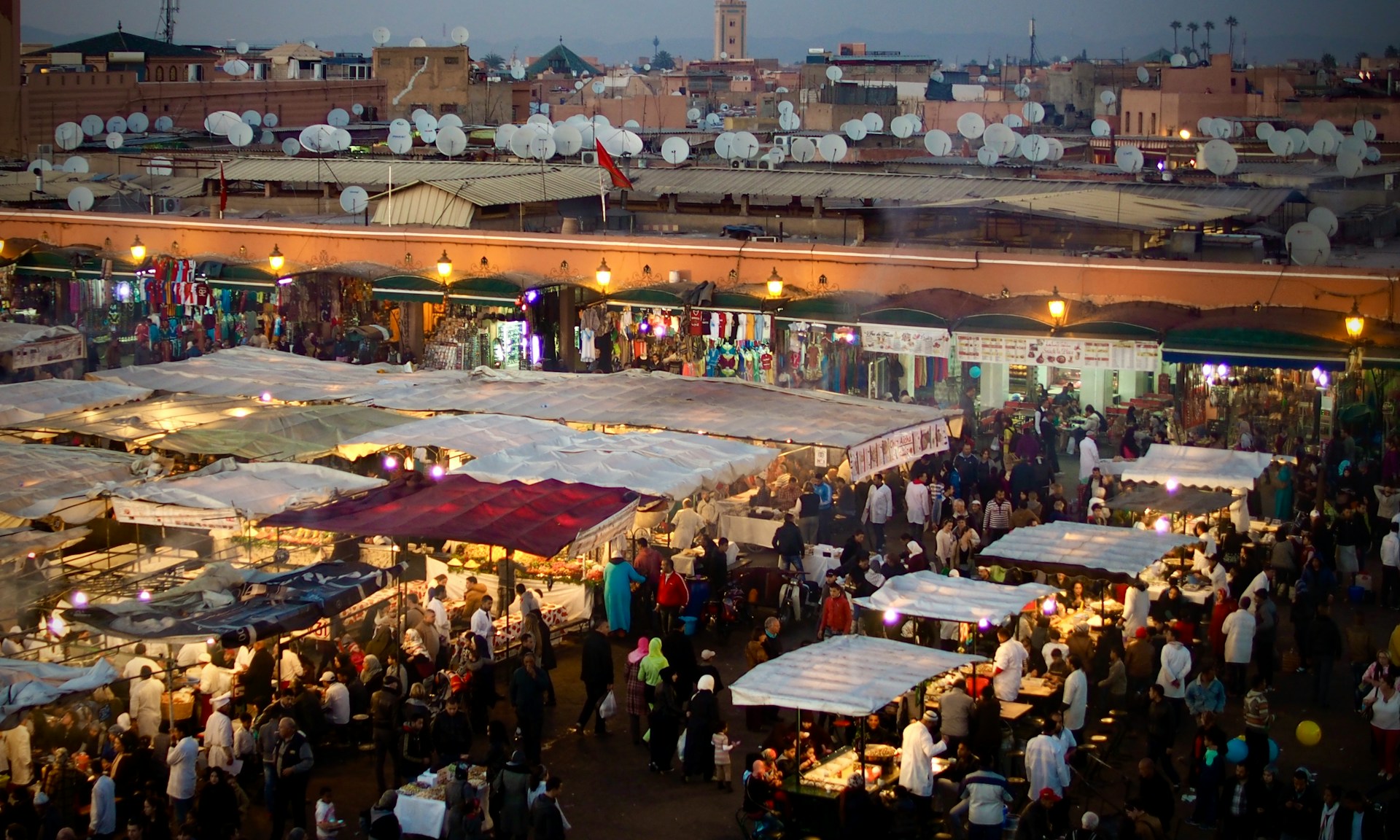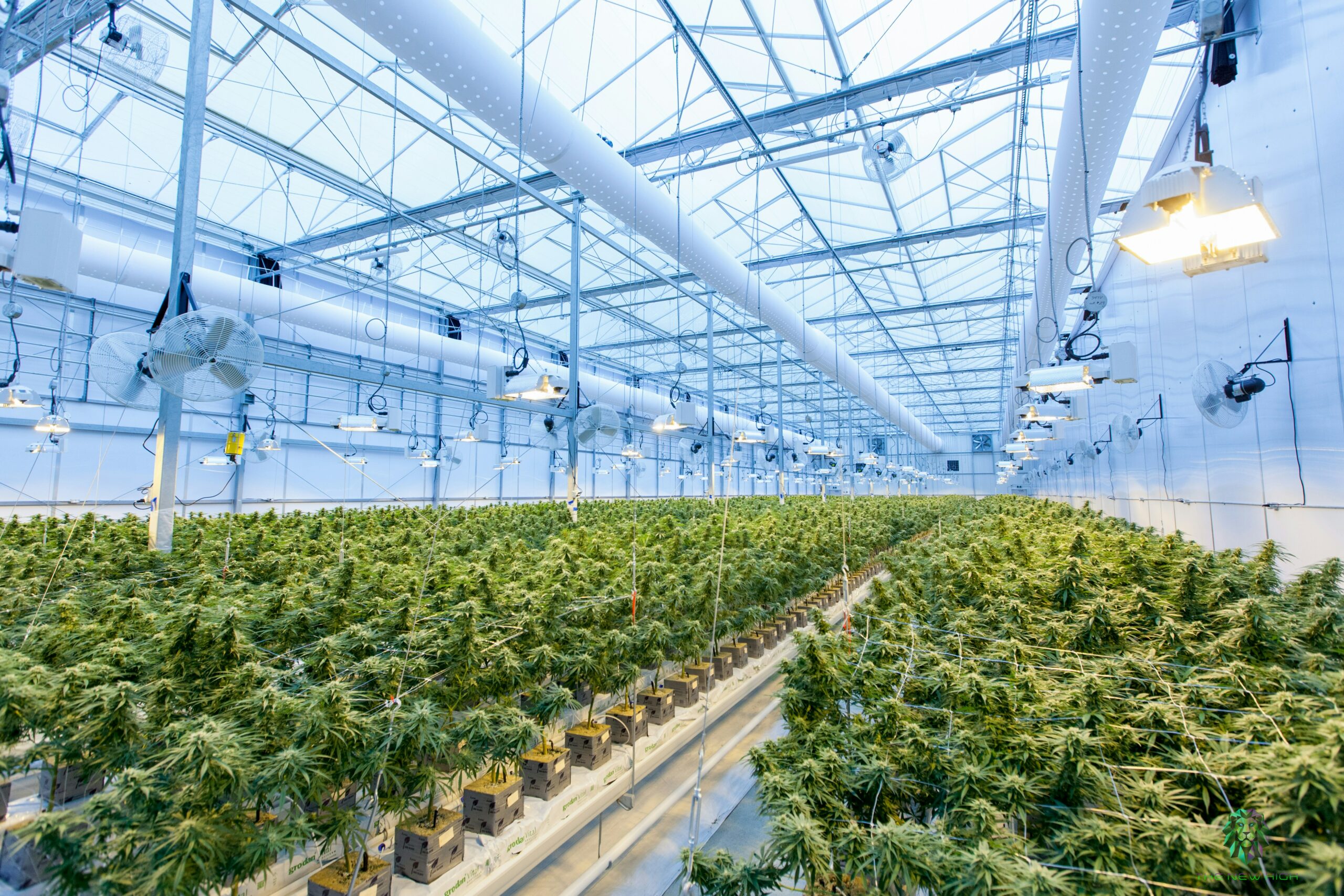Casablanca – Morocco is taking significant strides in modernizing its urban and intercity transport infrastructure, with a total investment of approximately $1.01 billion allocated to the sector. The initiative is aimed at overhauling the country’s public transport network, enhancing mobility, and promoting sustainability. This comprehensive investment was announced by the Minister of the Interior, Abdelouafi Laftit, who outlined the scope and objectives of the national program.
The funds, which have been mobilized through the Urban and Intercity Transport Reform Fund (FRAT), will be used to upgrade the public transport system and improve the infrastructure supporting mobility within cities and across regions. The program’s core objectives include reducing reliance on private vehicles, enhancing air quality, and promoting environmentally friendly transportation alternatives.
A broad strategy for sustainable transport
The modernization initiative is part of a broader national strategy focused on developing public transport systems that are more efficient, sustainable, and accessible. One of the primary goals of this strategy is to create a cleaner and safer urban environment by reducing emissions from private cars, which are a major contributor to air pollution and greenhouse gases. Additionally, the plan seeks to increase the use of public transport and eco-friendly transport options, such as walking, cycling, and electric buses.
According to Minister Laftit, the reform program prioritizes investments in high-quality, environmentally friendly transportation modes. These include the expansion of tram systems and the introduction of high-quality bus services (BHNS), which are specifically designed to reduce the environmental impact of urban transport. Moreover, the initiative includes improvements to the supporting infrastructure, such as the construction of parking lots, the development of ring roads, the creation of underground pathways, and the enhancement of road signage systems.
Key projects and city allocations
The city of Casablanca has received the largest share of the investment, with $752 million allocated for the construction of four new tram lines and two high-quality bus lines. These projects will span a total of 98.9 kilometers, making up 74% of the total funds allocated to the reform program. The tram and bus lines are expected to provide efficient and sustainable transport options for residents, helping to alleviate traffic congestion and reduce reliance on private cars.
Rabat and Salé are also benefiting from the national transport modernization plan. A total of $185 million has been allocated to the construction of two new tram lines in these cities, extending over 26.6 kilometers. This represents 18% of the overall funding. The development of these tram lines aims to enhance connectivity between the two cities, improve the quality of public transport, and reduce travel times for commuters.
In Agadir, a high-quality bus service project is nearing completion. The project, which spans 15.5 kilometers, has received $53 million in funding, accounting for 5% of the total investment. The completion of this bus line will provide the city’s residents with an efficient and eco-friendly transportation option, contributing to the reduction of traffic congestion and improving the overall quality of life in the region.
Expanding the scope of the initiative
While the focus of the current round of funding has been on the larger cities of Casablanca, Rabat, and Agadir, the initiative is set to extend to other cities across Morocco. The remaining funds are being allocated for studies aimed at developing new transport projects in cities such as Marrakech and Tangier. These projects are expected to include new high-quality bus lines and tram systems, further expanding the reach of sustainable urban mobility options throughout the country.
Additionally, new feasibility studies have been approved for cities including Rabat, Salé, Temara, and Agadir. These studies, which will be financed with $2.7 million from the reform fund, are designed to assess the viability of expanding sustainable transport systems and to ensure that future projects meet the needs of urban residents.
The city of Fes has also received support for the development of sustainable transport systems. An initial financial contribution of $620,000 has been allocated to fund studies on potential transport projects in the city. This investment is part of Morocco’s broader effort to expand sustainable transport infrastructure to smaller cities and towns.
A focus on long-term sustainability
The overarching goal of the modernization program is to create a public transport network that is not only efficient but also sustainable in the long term. Minister Laftit emphasized that the government’s strategy is designed to anticipate the future mobility needs of Morocco’s growing urban population. By providing financial and technical support to local authorities, the program aims to help cities implement urban mobility plans that reduce congestion, improve air quality, and enhance public transport services.
The investment in Morocco’s urban and intercity transport sector is expected to have significant long-term benefits for the country. By modernizing its transport infrastructure, Morocco aims to create more sustainable, livable cities that are better equipped to meet the challenges of urbanization and climate change. The program also seeks to improve the quality of life for Moroccan residents by providing them with more accessible, efficient, and eco-friendly transportation options.
With the allocation of approximately $1.01 billion, Morocco is setting the stage for a modern, sustainable urban transport system that will benefit both urban residents and the environment. By investing in public transport infrastructure, promoting eco-friendly mobility, and reducing reliance on private cars, the country is taking significant steps toward addressing its urban mobility challenges while contributing to global sustainability efforts. The ongoing projects and future studies are a clear indication of Morocco’s commitment to improving its transport systems and creating cities that are both more connected and more sustainable for future generations.






